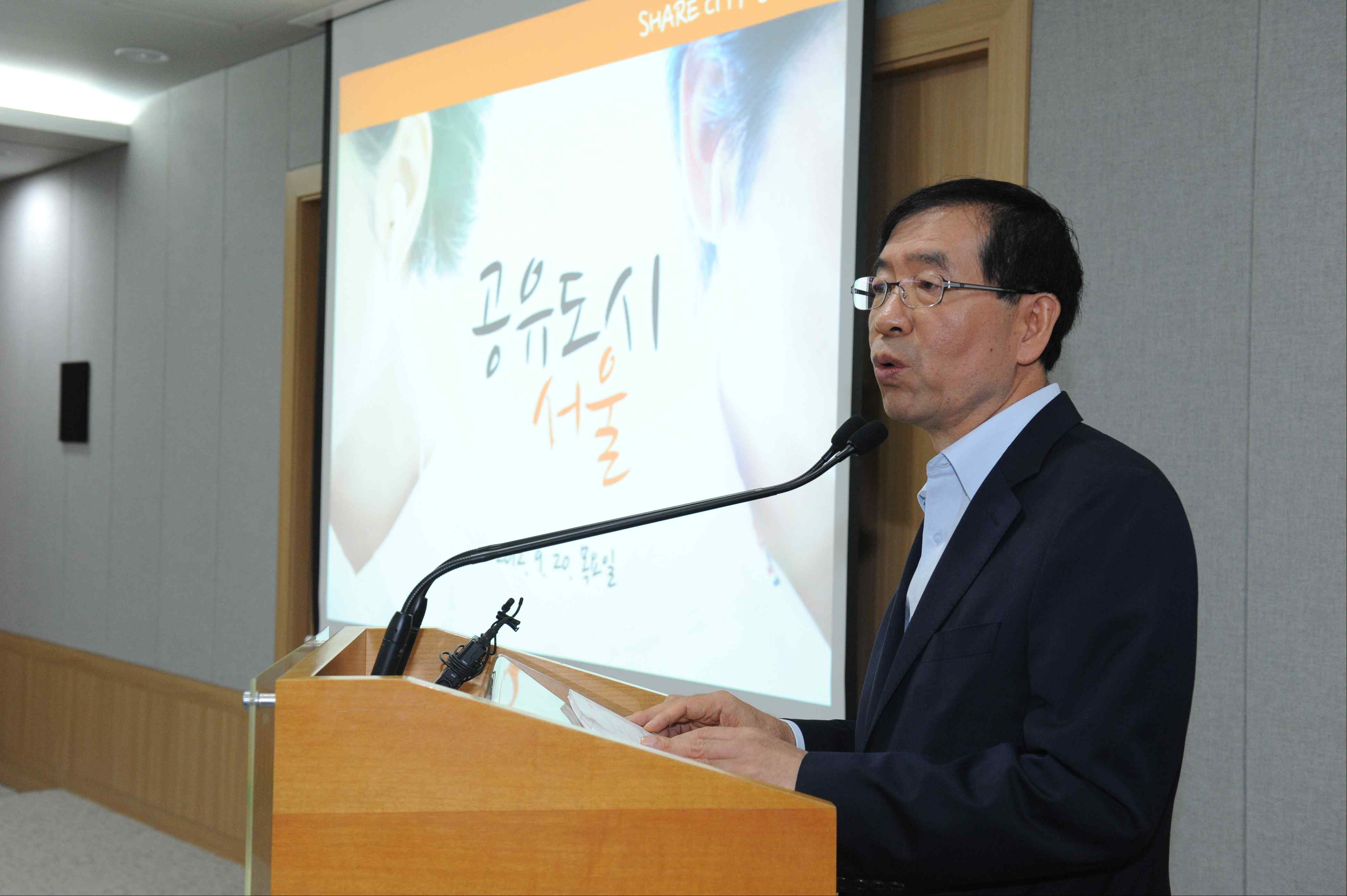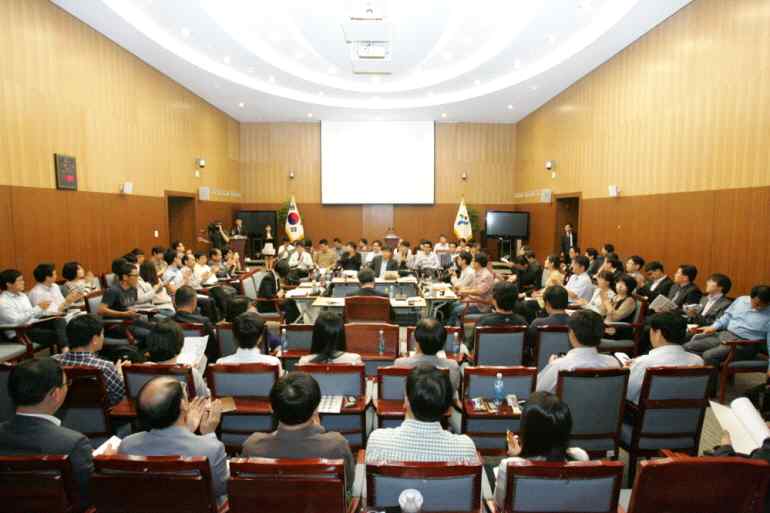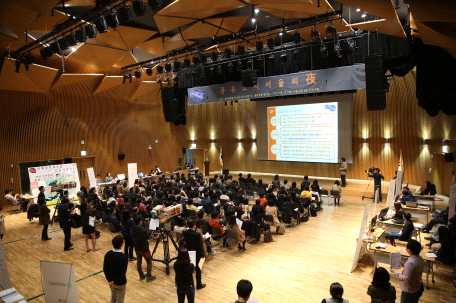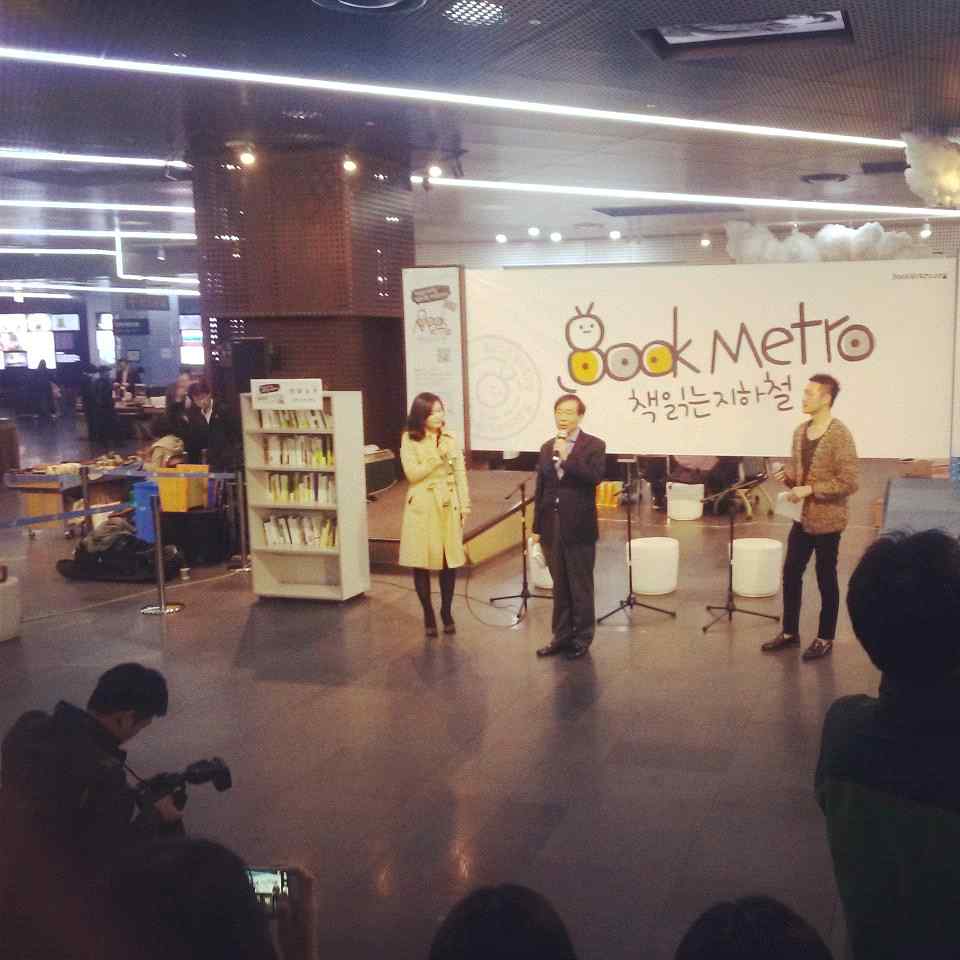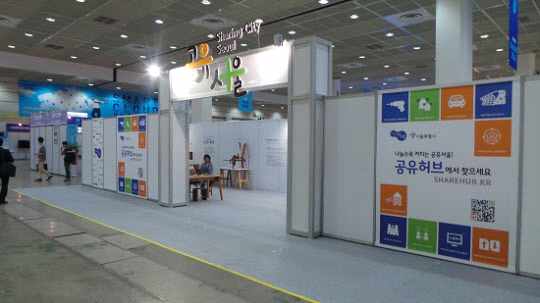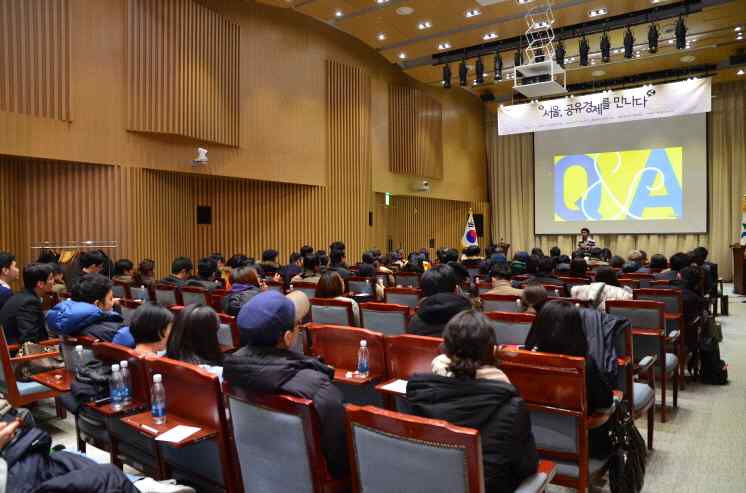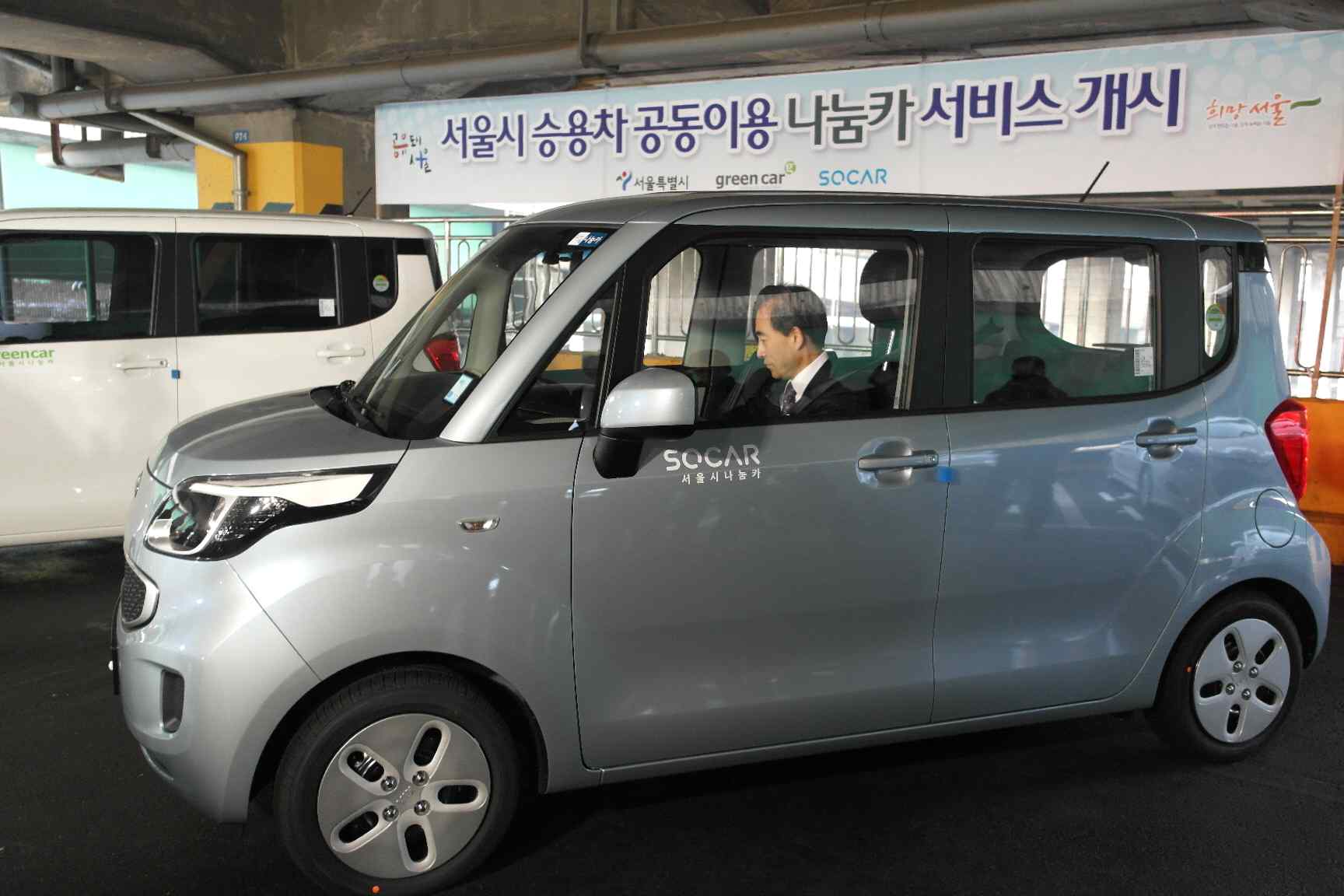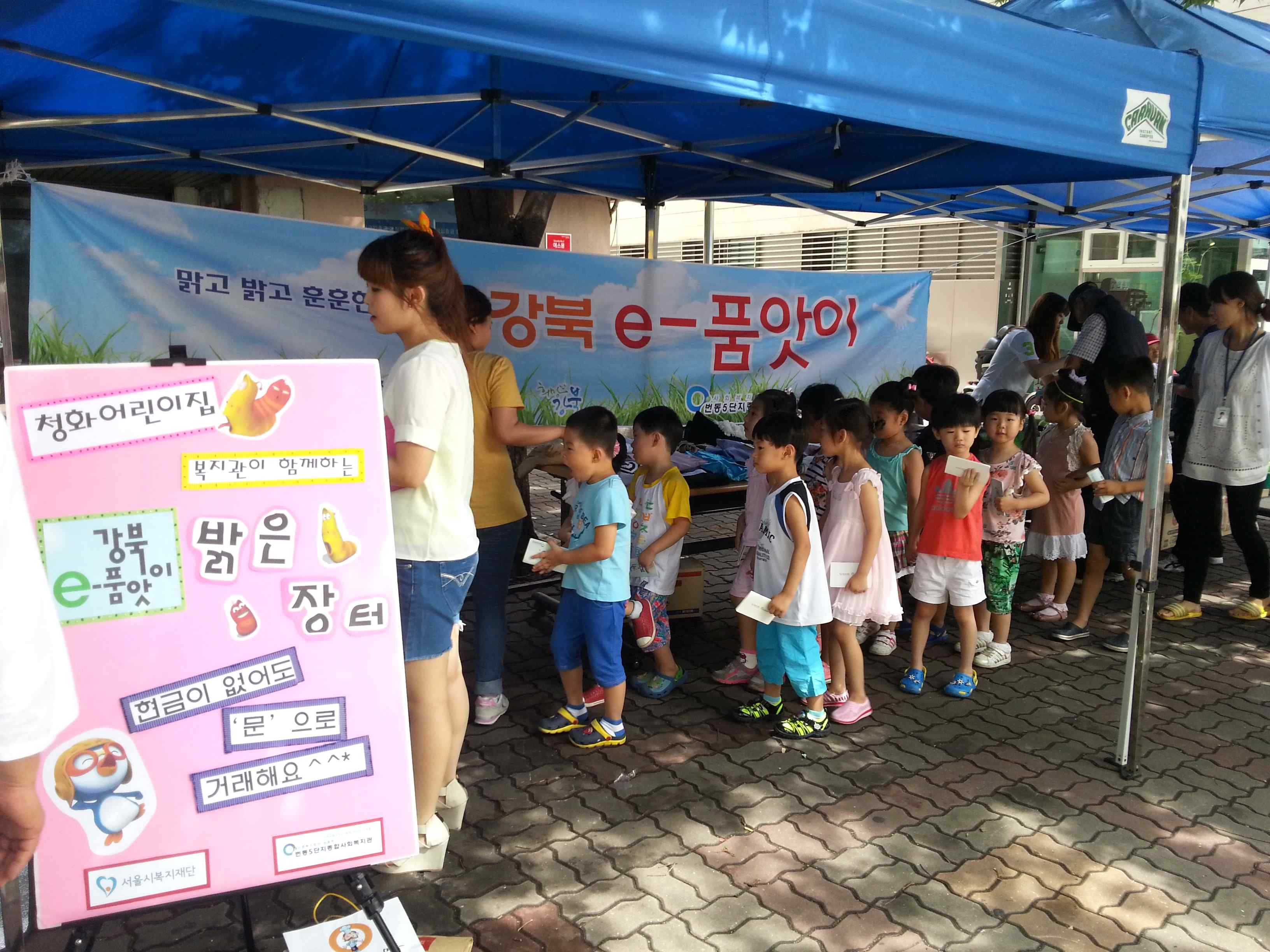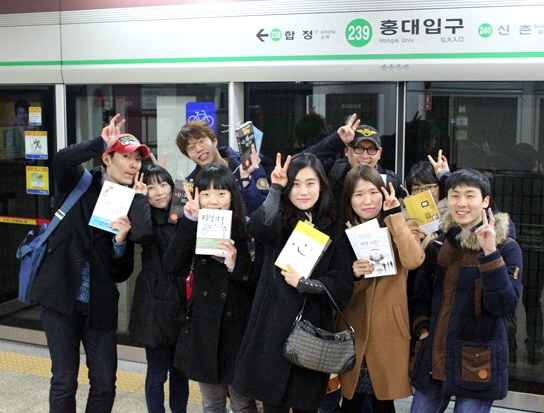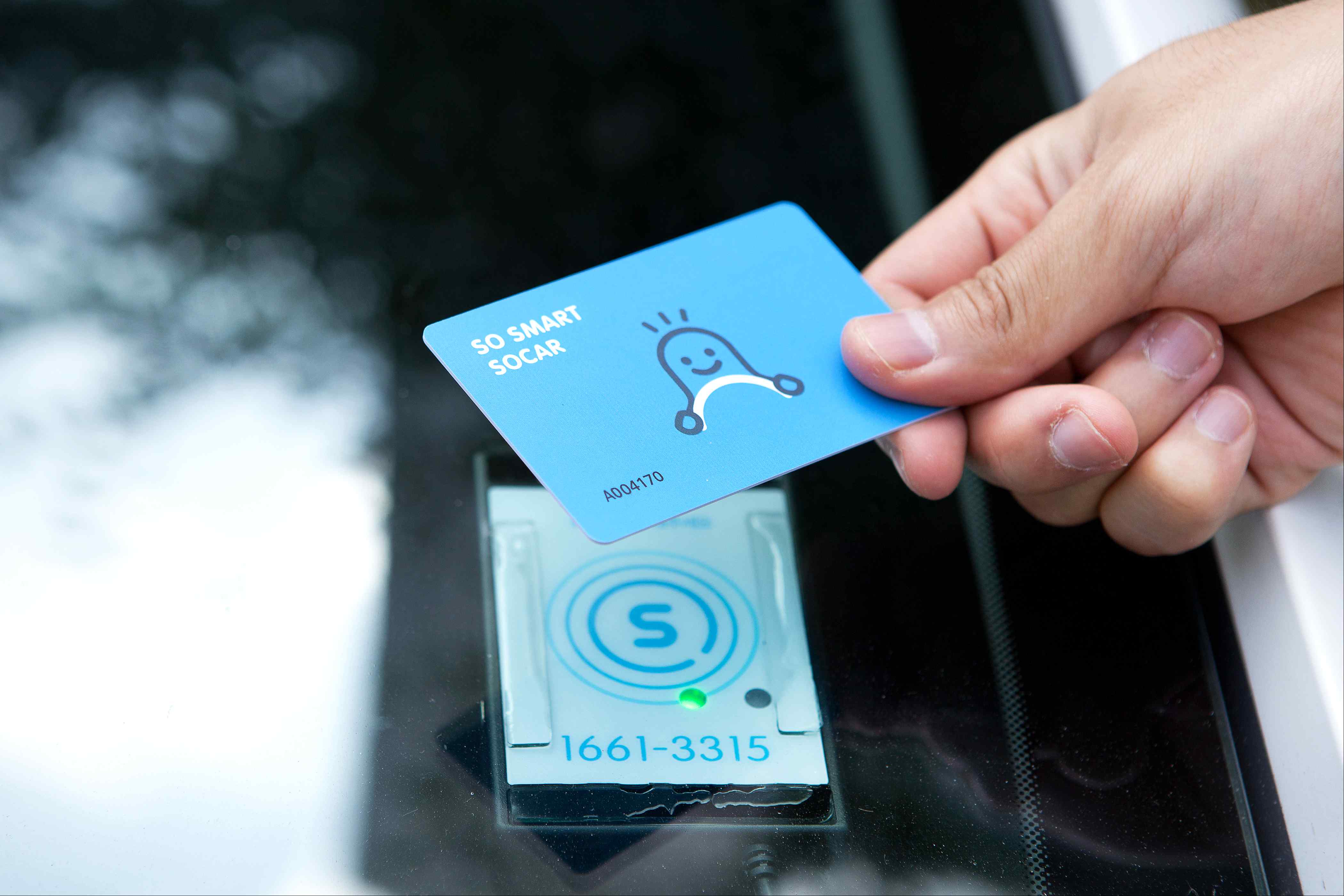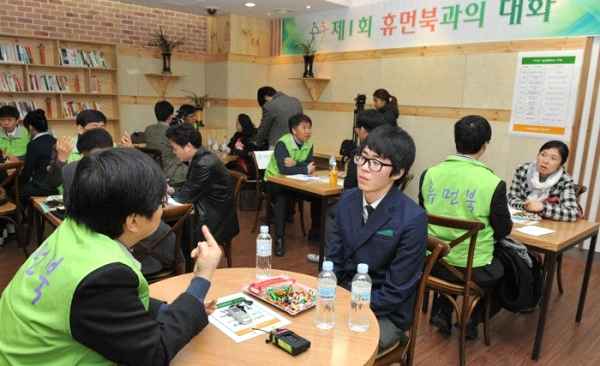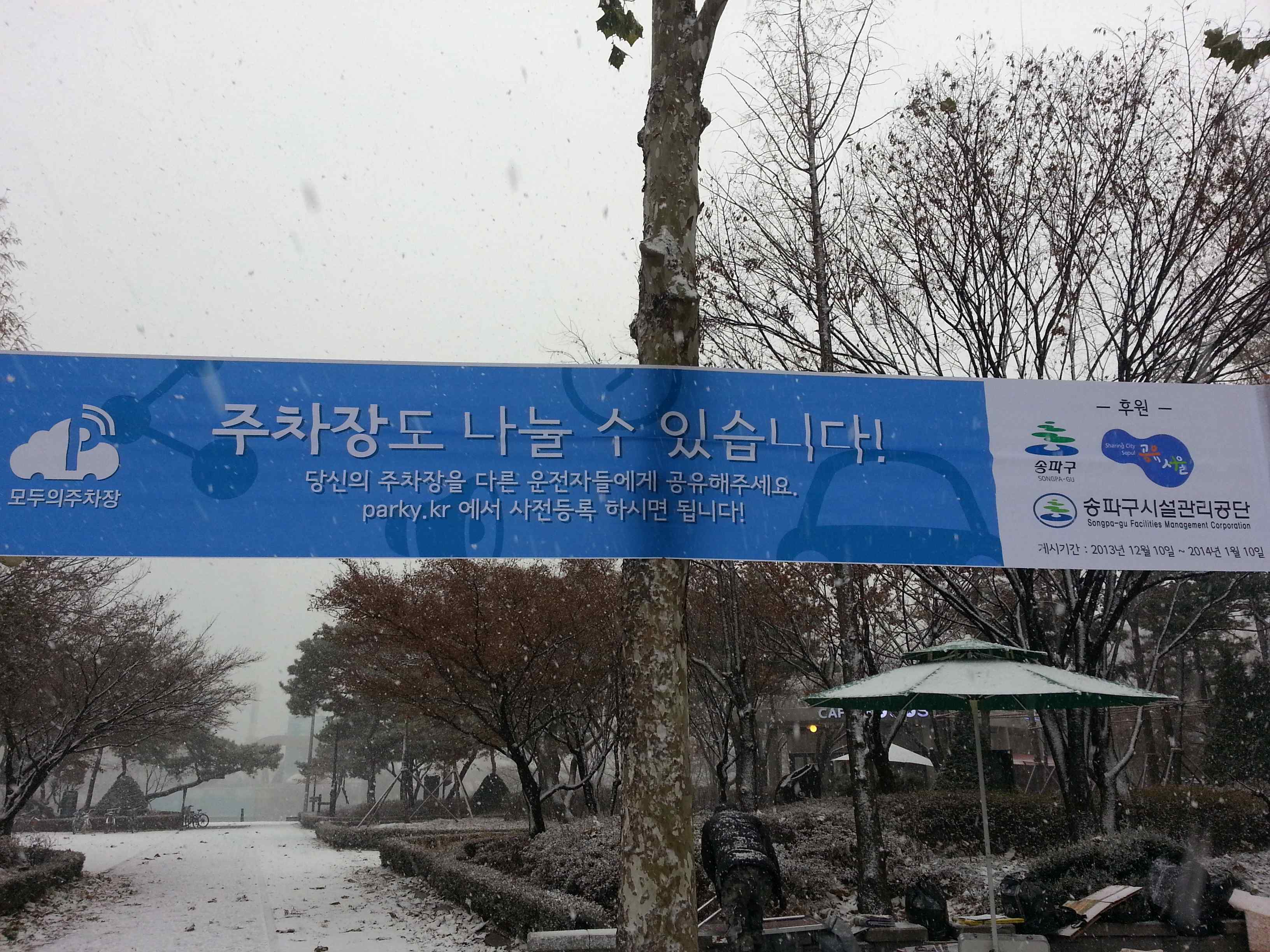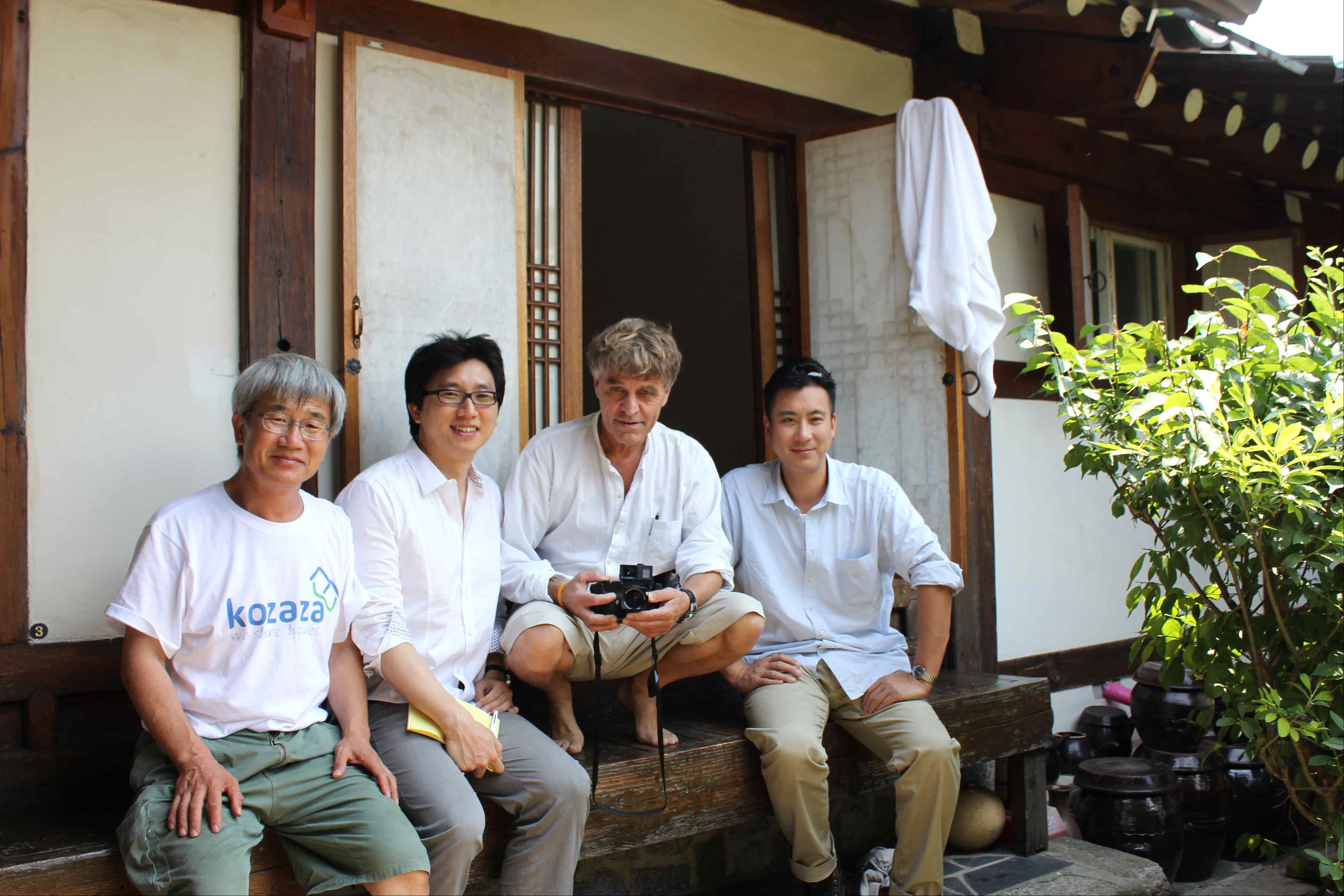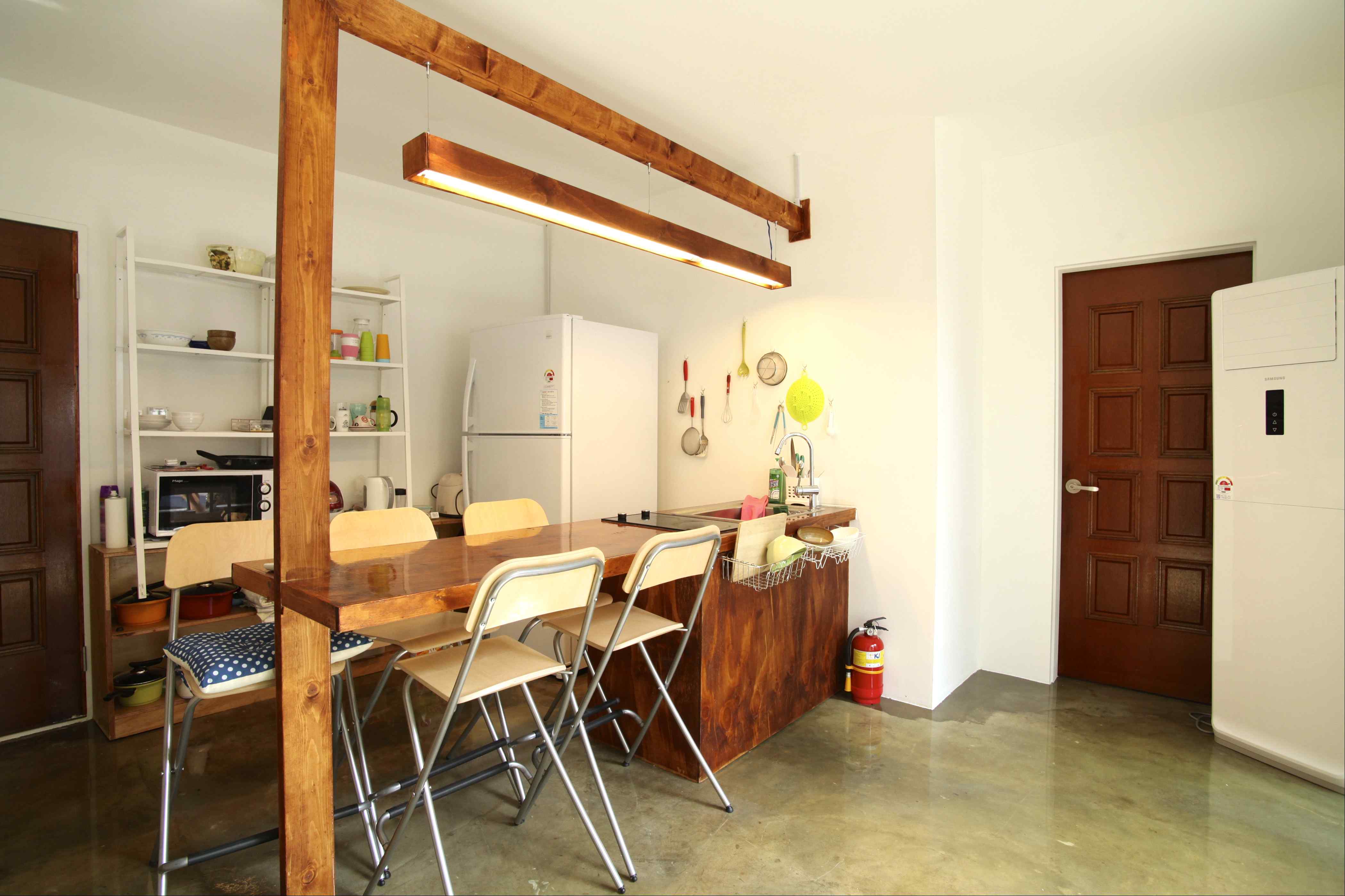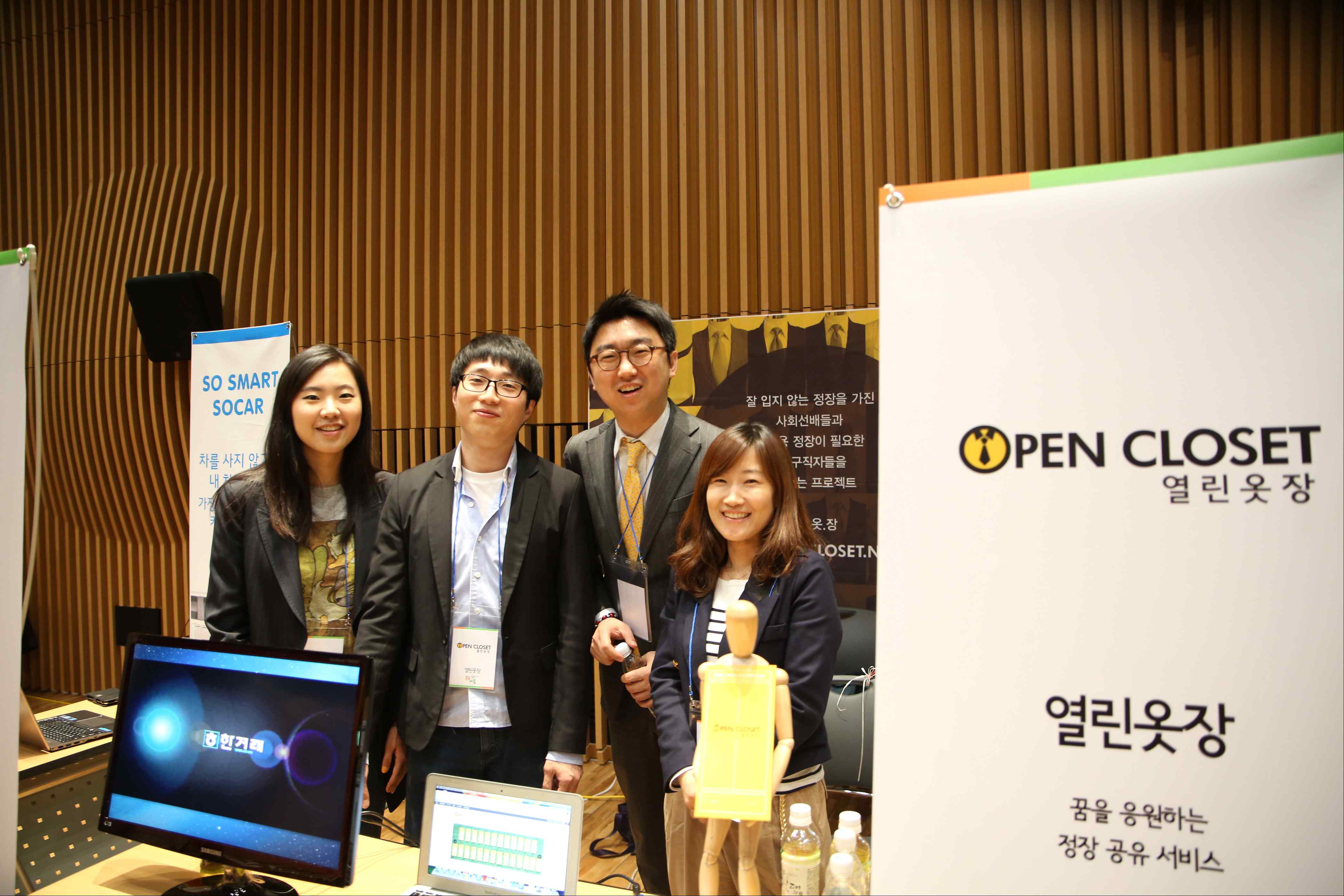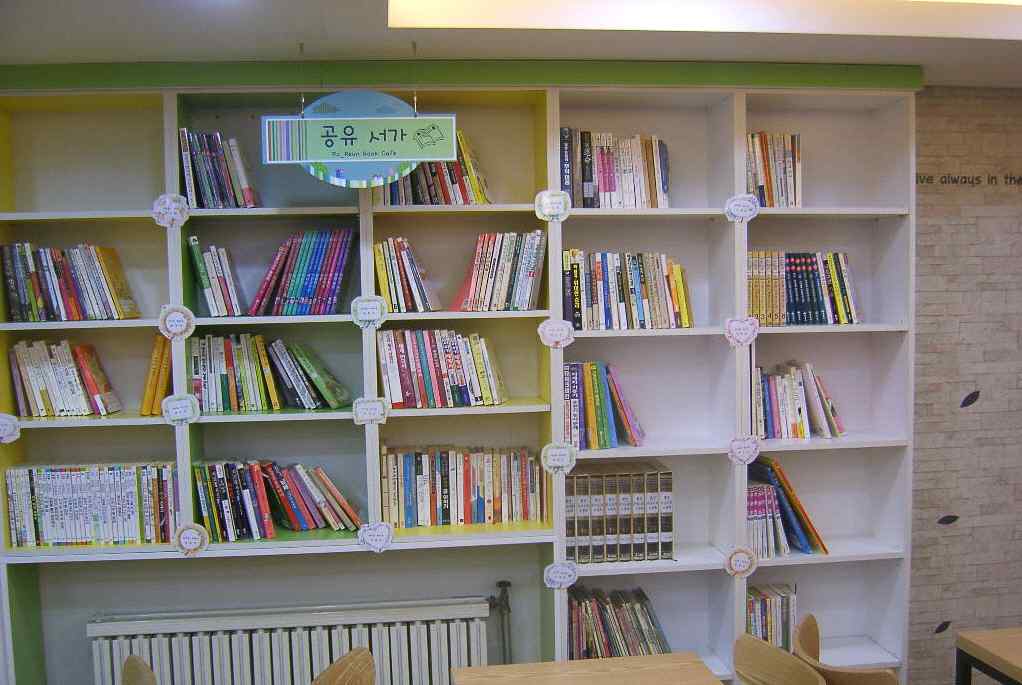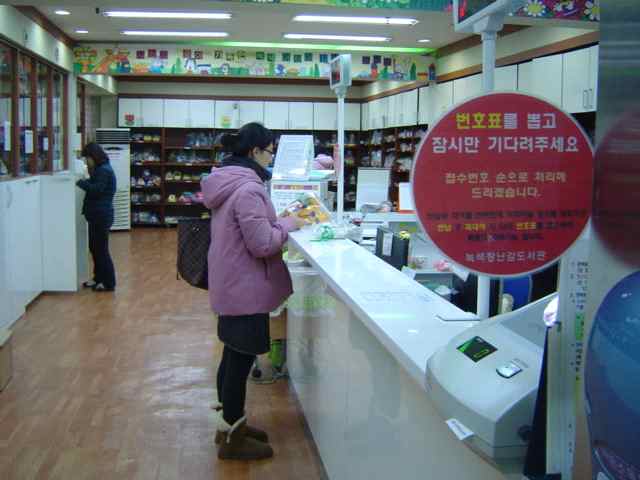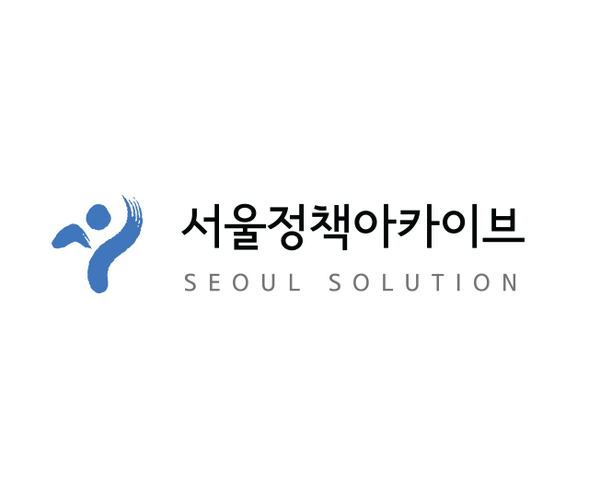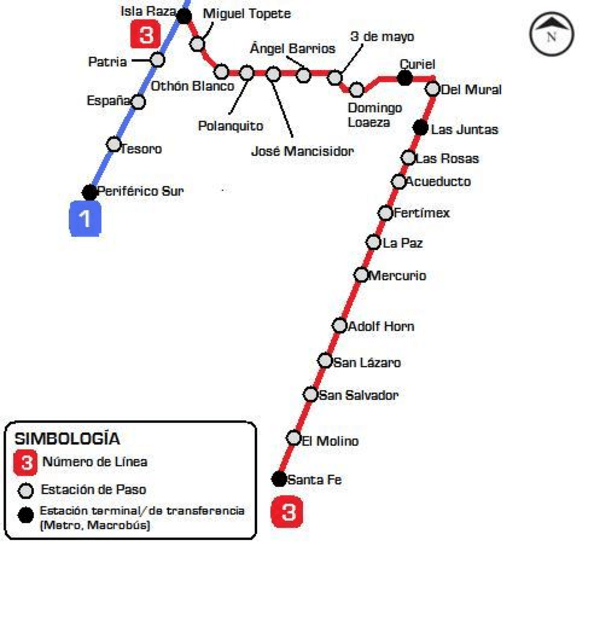City
Seoul
Main actors
City Government, Private Sector, NGO / Philanthropy
Project area
Whole City/Administrative Region
Duration
Ongoing since 2012
A city-funded and share-based policy for improving citizens’ quality of life in Seoul
Seoul proclaimed its Sharing City Seoul Project in 2012. It is seen as social innovation measures that have been designed to create new economic opportunities, to restore reliable relationships, and to reduce the wasting of resources with a view to resolving urban economic, social, and environmental problems all together. Notably, while the existing city policies focus on the construction of primary infrastructures such as roads, parking areas, schools, and libraries; the city’s policies focus on the construction of secondary infrastructures such as spaces, objects, talents and other unused resources in order to boost the utilization thereof. Furthermore, Seoul is set to implement other policies that will respect and promote private-sector capabilities, as well as policies that will require the public sector to open public resources that are to be shared with citizens.
Metropolis Award
This project was awarded the 'Metropolis Award' in 2014 in the following category: honorable mention.
On Map
The Map will be displayed after accepting cookie policy
